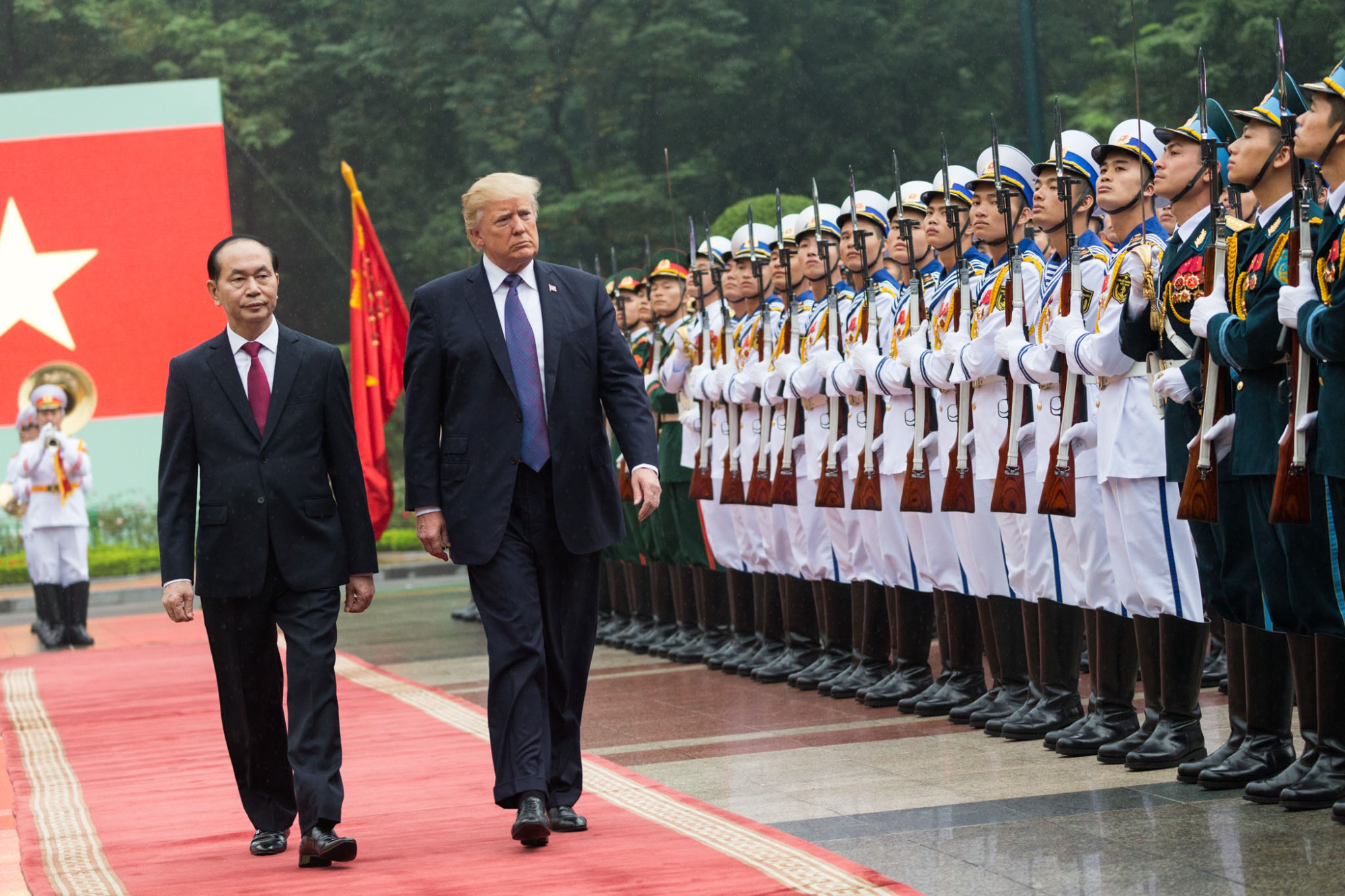Many policymakers and analysts would agree that there is a surging soft and hard power struggle between China and the United States for dominance in the South China Sea and Southeast Asia. I argue elsewhere that China has made significant inroads in what was long a region of U.S. soft power dominance. But Washington is making some progress in regaining lost ground.
Soft power is the capability to use economic or cultural influence to shape the preferences of other countries. Hard power is the use of a coercive approach to international relations. Of course, hard power usually matters more in the end but the two types overlap and integrate in kind and effect to become "diplomacy."
In a clever reversal of Clausewitz' famous dictum, China's first Premier Zhou Enlai once quipped, "All diplomacy is a continuation of war with other means." In the particular situation of the South China Sea and Southeast Asia, soft power may win the contest without hard power coming into play — at least explicitly. The U.S. is clearly the superior military power — both overall and in the South China Sea specifically, although China is eroding the U.S. advantage there. But China seems to be gaining the soft power advantage by virtue of its geographic position as a permanent part of Asia and its burgeoning economic largesse.



